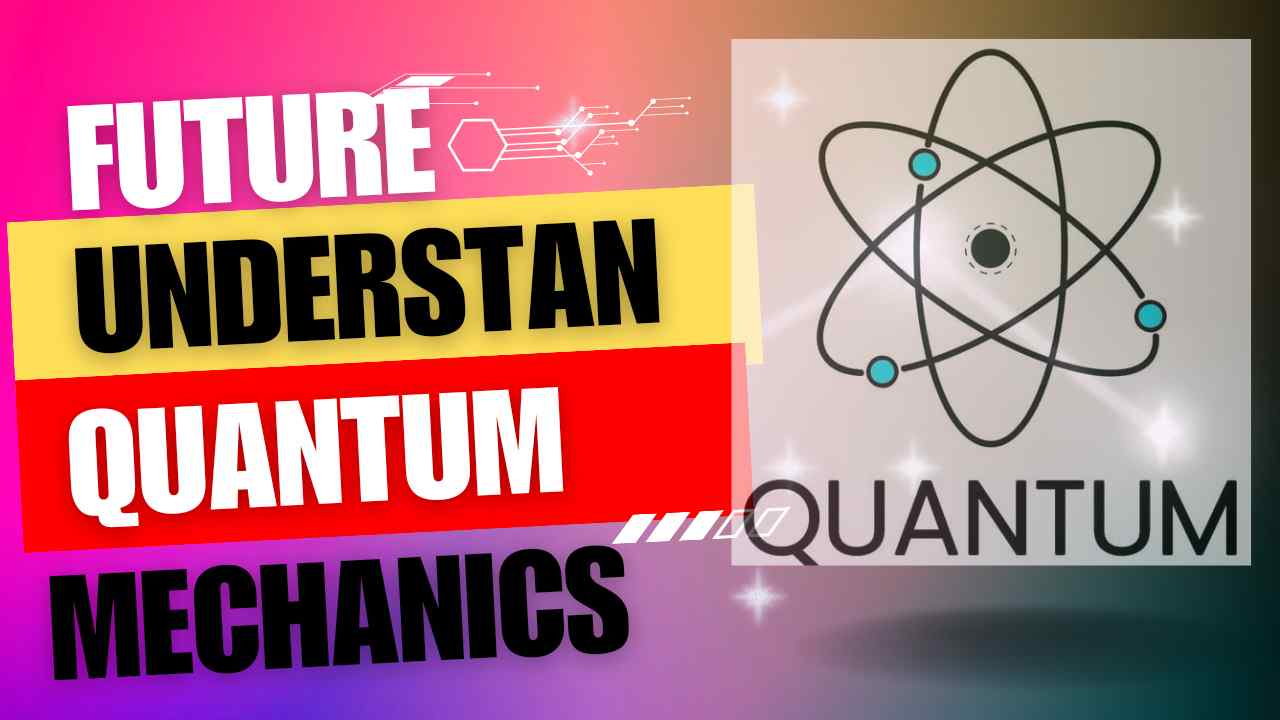Introduction to Quantum Computers
In recent years, the field of quantum computing has emerged as a revolutionary technology that has the potential to transform various industries. Unlike classical computers that operate using bits, which represent either 0 or 1, quantum computers leverage the principles of quantum mechanics to process information in quantum bits or qubits. This groundbreaking approach opens up possibilities beyond the capabilities of traditional computing systems.

Understanding Quantum Mechanics
Before delving into the specifics of quantum computing, it’s essential to grasp the fundamental principles of quantum mechanics. At the quantum level, particles exhibit unique behaviors such as superposition and entanglement. Superposition allows qubits to represent multiple states simultaneously, while entanglement enables qubits to be correlated in ways that impact their individual states instantaneously.
How Quantum Computers Differ from Classical Computers
Quantum computers differ from classical computers in their underlying architecture and computing principles. Classical computers store and process data in bits, represented as 0s and 1s, following a linear path. On the other hand, quantum computers use qubits that can exist in multiple states at once, allowing for parallel processing and tremendous computational power.
The Promise of Quantum Computing: Speed and Efficiency
One of the most significant advantages of quantum computing lies in its potential to solve complex problems exponentially faster than classical computers. Tasks that would take classical computers thousands of years to complete could be executed by quantum computers in a matter of minutes or seconds. This speed and efficiency have the potential to revolutionize various industries and scientific research.
Quantum Algorithms and Applications
Several quantum algorithms have been developed to harness the power of quantum computing effectively. Some of the most notable algorithms include Shor’s algorithm, which can efficiently factorize large numbers, and Grover’s algorithm, which significantly speeds up database search processes. Quantum computing also finds applications in machine learning, cryptography, and optimization problems.
Challenges in Quantum Computing
While quantum computing holds immense promise, it is not without its challenges. One significant obstacle is quantum decoherence, where qubits lose their quantum state due to environmental interference. Ensuring the stability of qubits is crucial for the success of quantum computing. Additionally, scaling quantum computers to handle more qubits while maintaining their coherence poses another challenge.
Quantum Computers and Industries of the Future
The potential applications of quantum computing span across various industries. In the healthcare sector, quantum computers could revolutionize drug discovery, genetic research, and disease modeling, leading to more effective treatments. In finance, quantum computing could optimize investment strategies and enhance security. Logistics and supply chain management could benefit from more efficient route optimization algorithms. Furthermore, artificial intelligence could see unprecedented advancements with quantum computing’s capabilities.
TCS Xplore: Unleashing the Power of Learning and Growth-2023
The Race for Quantum Supremacy
The race for quantum supremacy, where a quantum computer outperforms the most advanced classical supercomputer, has garnered significant attention in the tech world. Achieving quantum supremacy signifies a critical milestone in the development of quantum computing and showcases its true potential.
Quantum Computers and the Environment
Quantum computing could also have a positive impact on the environment. By solving complex optimization problems more efficiently, quantum algorithms could lead to reduced energy consumption and emissions in various industries.
Quantum Computers: Ethical Considerations
As with any revolutionary technology, quantum computing raises ethical concerns. Quantum computers’ ability to break current cryptographic systems could pose security risks, and addressing these concerns is crucial for the responsible development and deployment of quantum technologies.
Future Outlook for Quantum Computing
The future for quantum computing is promising, with ongoing research and development making significant strides. As scientists and engineers overcome existing challenges, quantum computers are likely to become more accessible and integrated into various aspects of our lives, transforming industries and advancing scientific discovery.
Conclusion
Quantum computers hold the key to unlocking the future’s revolutionary potential. With their ability to process information exponentially faster and more efficiently than classical computers, quantum computing is set to revolutionize industries, drive scientific breakthroughs, and solve problems previously deemed unsolvable. Embracing this technology responsibly and addressing ethical concerns will be essential as we move towards a quantum-powered future.
FAQs
What is quantum computing?
Quantum computing is a revolutionary technology that leverages the principles of quantum mechanics to perform complex computations exponentially faster than classical computers.
How do quantum computers work differently from classical computers?
Quantum computers use qubits that can exist in multiple states at once, enabling parallel processing and unprecedented computational power, while classical computers rely on bits that represent either 0 or 1.
What are some applications of quantum computing?
Quantum computing finds applications in cryptography, machine learning, optimization, healthcare, finance, and artificial intelligence, among others.
What challenges does quantum computing face?
Quantum computing faces challenges like quantum decoherence and scalability to handle more qubits while maintaining stability.
How will quantum computers impact the environment?
Quantum algorithms could lead to reduced energy consumption and emissions by optimizing processes in various industries.
READ MORE: PS5 PRO: Lunch Date, Price, and Specs Leaked – All You Need to Know!
TCS Xplore: Unleashing the Power of Learning and Growth-2023
- Quantum computing
- Models of computation
- Quantum cryptography
- Information theory
- Computational complexity theory
- Classes of computers
- Theoretical computer science
- Open problems
- Computer-related introductions in 1980
- Emerging technologies
- Supercomputers
Russell, John (10 January 2019). “IBM Quantum Update: Q System One Launch, New Collaborators, and QC Center Plans”. HPCwire. Retrieved 9 January 2023 Hidary, Jack D. (2021). Quantum Computing: An Applied Approach (2nd ed.). doi:10.1007/978-3-030-83274-2. ISBN 978-3-03-083274-2. OCLC 1272953643. S2CID 238223274
- Quantum computing for the determined – 22 video lectures by Michael Nielsen
- Video Lectures by David Deutsch
